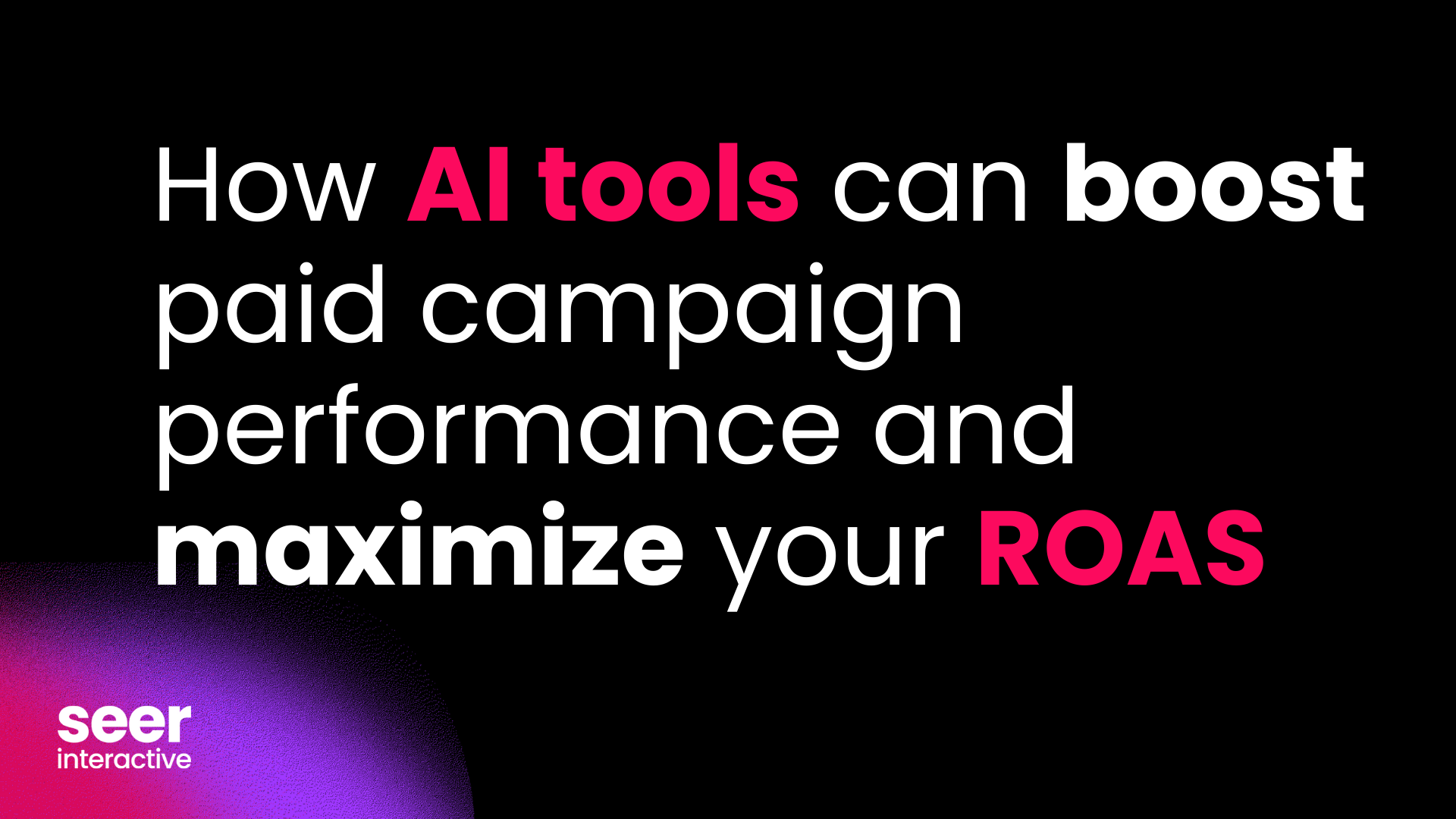This week Google announced another big AdWords change that will soon impact campaigns, but this time the change is a bit more familiar. Starting in late September, Google will apply close variant keyword matching to all exact and phrase match keywords. Close variant matching is already an optional setting (which will now be mandatory) within accounts, announced in April 2012, which Aaron Levy first wrote about. The main response at that time was that while there were some benefits to enabling close variants, the overall impact on keyword management, and more specifically keyword control and data, was too large to implement across campaigns. From a best practices standpoint, many leaned no. Over time, the use of the close variants setting found its way into tests in larger accounts and the original stance on this setting may have changed. More widely, Google indicates a vast majority of advertisers already adopt it, presumably with other default settings. This seems to be a consistent trend for Google, making account management a bit more automated at the expense of control from account managers and advertisers. Since it’s been quite some time since the original release of this setting, we polled the SEER team to get their take on the looming change.
1. Overall, 71% of the SEER PPC team thinks the change will ultimately benefit accounts.
2. Of those that tested the setting with accounts, 100% actually said there wasn’t a noticeable difference in keyword performance.
Given the resounding vote of confidence, Aaron dug into some data and the results were surprising and seemed to support that opinion:
Matching problems are minor: 99.6% of impressions were from the root term. 99.8% of impressions from queries that are fundamentally the same as root term (fat fingers).
Performance from close variants was poor. Close variants had: 91% higher CTR than root term (un-savvy users?) 17% higher CPC 15% lower conversion rate 39% higher CPA
Estimated net impact from close variants: 0.35% increase in CTR 0.13% increase in CPC 0.24% decrease in conversion rate 0.24% increase in CPA
Some accounts also saw some pretty positive results during select time periods from close variants:
3. The team was most split on the overall impact this change will have on keyword management and negative usage.
71% believe workloads will increase to maintain the existing level of control, which is tied to an 80% belief that overall negative keyword usage will increase. Given some of the performance insights above, the team is split on whether or not that time investment will actually be necessary.
4. We all tend to agree that change is the new normal.
As a result of this change, advertisers with smaller budgets and more granularly defined keyword lists may feel the biggest impact as it pertains to spend, but some management efficiencies may be gained in the process. At the end of the day, it seems best to roll with Google’s punches and equip yourself with the right data to make better management decisions moving forward. Have you tested the setting out in your accounts? Has performance for close variants been dramatically different than exact spellings? What do you think of the change?
 –
– –
– –
– –
–
